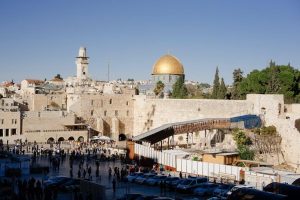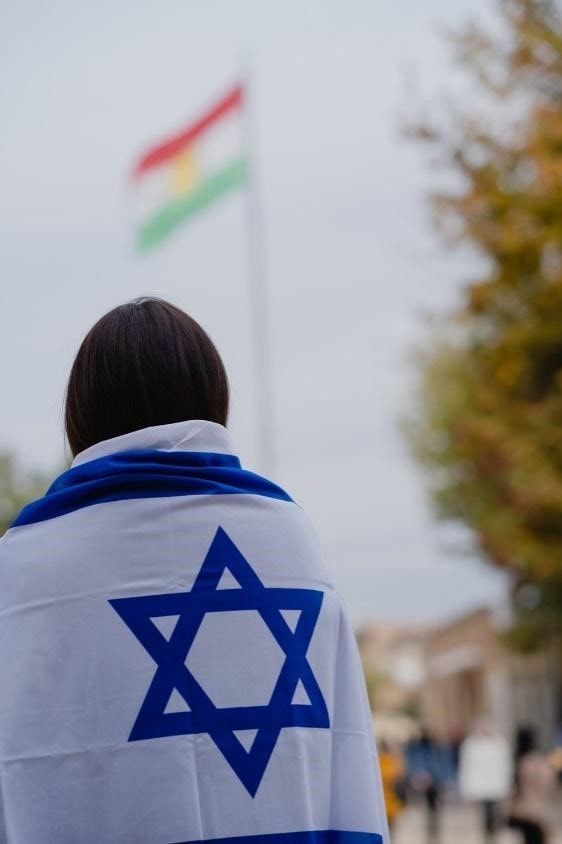
A Complete Guide to Tourism in Israel
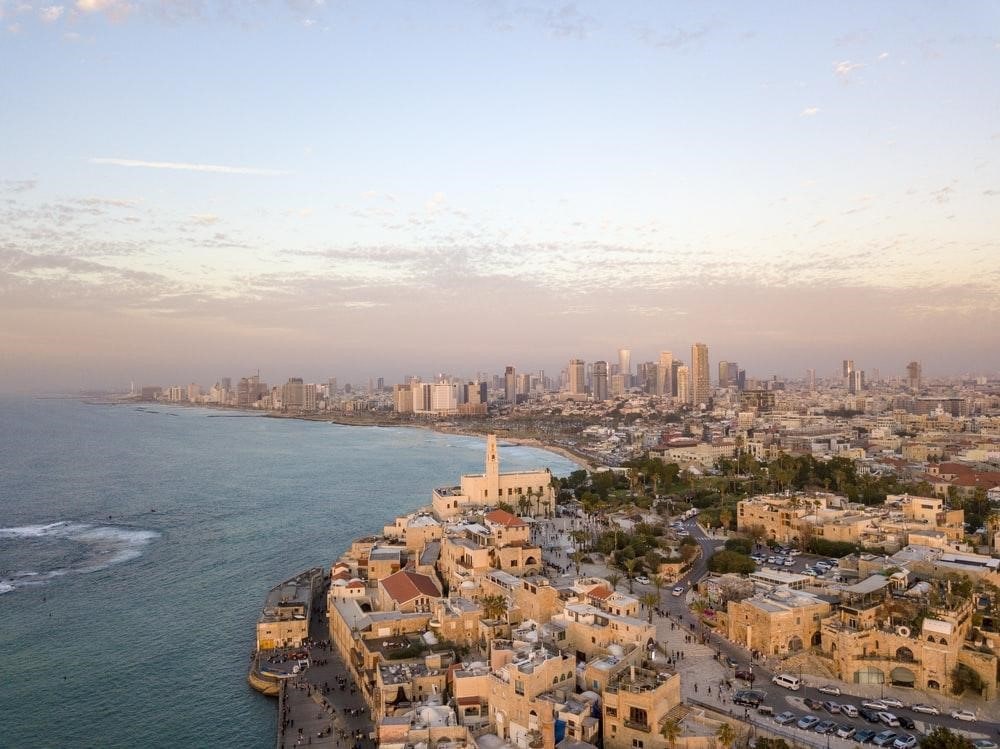
Located along the Mediterranean Sea and neighboring Lebanon and Egypt, Israel is one of the most sought-after places to visit. It is about the size of New Jersey in the US; however, it boasts diverse landscapes, breathtaking coastal plains, famous seas, mountainous terrain, and barren deserts. Furthermore, the country is filled with historical artifacts, religious landmarks, and modern art.
The country is a true multi-cultural hub as people from different ethnicities, cultures, and religions come from across the globe to visit the land. Jerusalem is considered to be holy for three important religions in the world, and Tel-Aviv is called the party capital of the Middle East. If you’re a history buff, then Jerusalem is a must-visit and if you’re a partygoer who likes the hustle and bustle of a modern city, then Tel-Aviv is the place to be!
No matter where you go, Israel offers something unique in many ways. From Jaffa oranges to floating in the Dead Sea, the country has it all. So, the next time you’re planning a vacation, consider visiting this amazing country—here’s a complete guide to tourism in Israel.
When to Visit
When planning a vacation to any country you need to be mindful of the time of year you’re visiting the place. Israel is one of those countries that is a good place to visit year-round. Due to its geographical location, it has favorable weather all year. However, it can get really hot in the summer. Despite that, thousands of visitors flock to the country for the summer, which is the peak tourist season in the country.
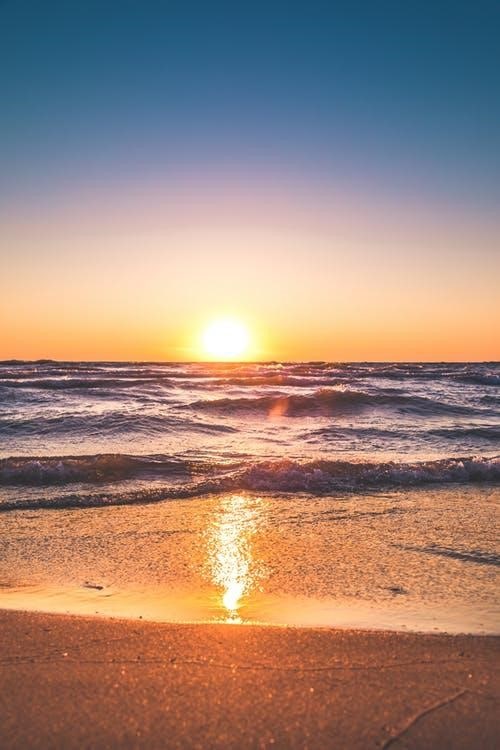
If you want to experience Jewish culture, visiting the country during the religious holidays is a good time. However, ticket prices and accommodation can increase during these times and many restaurants are closed during some of the holidays. You’ll need to consider these factors before planning to visit. If you want to visit the country when it’s a bit cooler and quiet, then spring can be an ideal time.
Currency and Local Travel
You’ll need to have plenty of Shekel on hand if you want to buy merchandise or dine out. The New Israeli Shekel (NIS) is quite favorable compared to USD. So, make sure you have an adequate amount of NIS when visiting the country.
Furthermore, you’ll also need to understand the local transportation system to get around. Israel has an extensive road transportation system. You can travel within Jerusalem, Tel-Aviv, and other cities on buses and the buses travel between cities as well. Egged is the main bus service in the country, apart from Tel-Aviv and its surrounding areas, and Dan is the biggest company.
The rail system has seen some major improvements as well. The system has expanded to ten major lines that run through the country. There’s a new high-speed rail that runs from Jerusalem, Tel-Aviv, and the Ben Gurion International Airport which has reduced travel times for visitors looking for easy transportation on arrival to the country. If you’re visiting Israel for an extended period and are expecting to travel frequently, consider hiring a car rental.

Visit the Famous Cities
As mentioned, Israel is an amazing combination of history, modern art, and natural landscapes. A visit to Israel would be incomplete without visiting some of its most famous cities. Jerusalem, the capital, holds religious significance for some of the most well-known religions of the world.
It is one of the oldest cities in the world, and it has historical and religious sites. Check out the Western Wall, the Dome of the Rock, and the Church of Holy Sepulchre. These are some of the most important historical sites to visit.
If you’re a history buff and want to experience Jewish history more intensively, consider visiting the Yad Vashem Holocaust Memorial Center and the Citadel of the Tower of David. On the other hand, if you want to get a taste of modern Israel and its vibrant culture then the Ben Yehuda area is the place to be.
Recommended Reading: 5 Travel Tips for a Vacation in Israel
Tel-Aviv is the heart of modern-day Israel. It’s a bustling metropolis that has a lot to offer. If you love partying till late into the night, then Tel-Aviv is the place to be. Furthermore, if you love the sea and soaking up the sun on the sand, the city’s beaches are an ideal place to visit. They boast a lively and vibrant scene with exclusive dining, drinking, and outdoor games. Gordon Beach, Frishman Beach, and Banana Beach are among the main attractions for beach lovers.
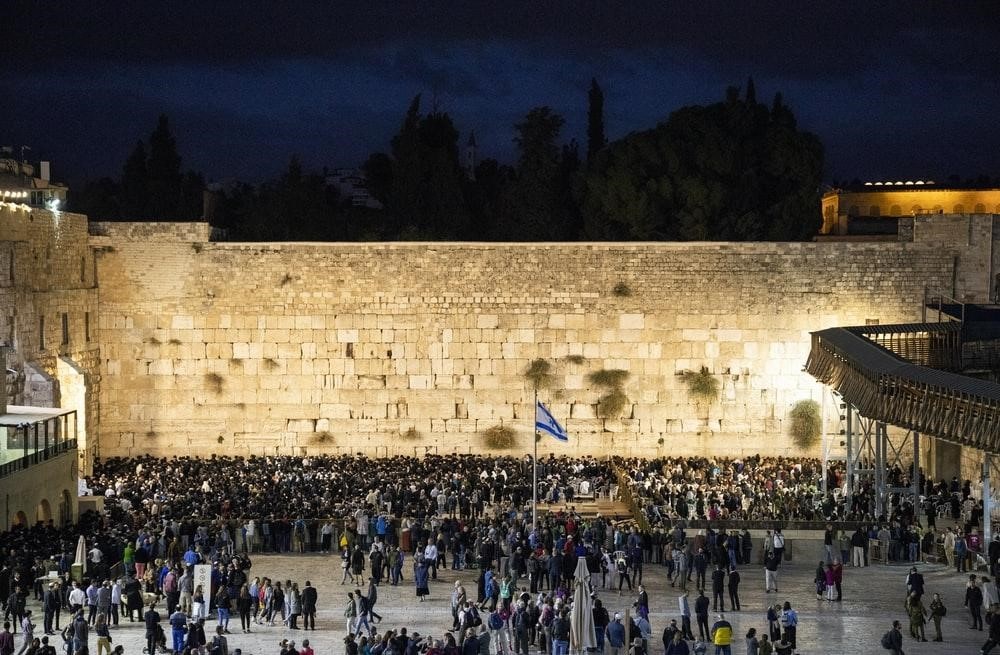
If you’re an art lover and want to take a look at the work of Degas, Van Gogh, Picasso, and other known artists then visit the Tel-Aviv Museum of Art. At the heart of the city is the Carmel market which is a good place for a quick, cheap bite.
The old port town of Jaffa is a short walk from the center of Tel-Aviv. If you’re looking for local artifacts and souvenirs, check out the flea market. The place is famous for its oranges so make sure you try them before visiting other places.
The third-largest city in the country is Haifa. The scenic Bahai Gardens and the Golden Dome Temple are the biggest attractions of the city. Parks, greenery, and scenic beauty are the highlights of the city.
Where to Stay
You’ll find plenty of luxury hotels and resorts for your stay in the country. The hotel scene has evolved in the past decade, and you’ll find various options on the beaches of Tel-Aviv. Moreover, you’ll also find boutique hotels in the White City (a nick-name for Tel Aviv), Jaffa, and other major cities. If staying in Jerusalem, take a look around the Old City and downtown, you’ll find a lot of good options.
If you want to avoid the hassle of hotels, then Airbnb is also a good option and there is a strong chance that you might be able to get a good deal! If you’re traveling outside the major cities then you’ll find a lot of high-end resorts, especially if you’re visiting Eilat or the Dead Sea area. If you prefer staying in international hotels, then you’ll find branches of the Hilton, the InterContinental, and the Marriot spread across the country.
On the other hand, if you want to try something more local, then check out Tzimmers and Kibbutzes. Tzimmers are bed-and-breakfasts located in rural areas, which are operated by local families. Kibbutzes are shared communal communities, which are an important part of the country’s history. They offer hotels, houses, or apartments for rent and some of them offer high-class hospitality, and they are more affordable than hotels.

Try Delicious Foods
Trying the local cuisine is a must when visiting any country for your vacation and Israel has a lot to offer in terms of dining and drinking options. With the smell of fresh bread from local bakeries to high-end restaurants, the country has it all. The cuisine is much more than your usual pitas stuffed with meat and falafel!
Extra-virgin olive oil, fresh salads, and hummus are the mainstay of all Israeli dishes. You can expect the cuisine to be vegetable-heavy as locals place a lot of emphasis on healthy eating and diet. You can also expect people to eat heavily during lunch and go easy with dinner. This is a common custom in the country, compared to other countries where dinner is the most important meal of the day.
Israeli food is properly seasoned with fresh local herbs such as za’atar, and tahini (sesame butter) is present in almost every meal. Furthermore, Israelis like to have a hearty breakfast—shakshuka is something you must try. Sabbich is also a popular on-the-go breakfast. It’s an open vegetarian sandwich consisting of tomato, beetroot, cucumber, eggplant and a hard-boiled egg.
Hummus is worth a mention when talking about Israeli cuisine. It is a crucial element of any dinner table. You’ll find good quality hummus everywhere in the country. It’s a Middle Eastern staple and is made from chickpeas, tahini, and a combination of salt, lemon juice and garlic. From big restaurants to local street vendors, you’ll find people eating hummus with warm and fluffy pita bread as a whole meal!

Now that you know about the amazing landscape, historical sites, vibrant culture, and delicious food that Israel has to offer, the only thing you need to elevate your experience and give you an in-depth taste of the local culture is learning the local language, Hebrew.
Recommended Reading: Your Complete Guide to Israeli Food
The language is the country’s identity and the hallmark of Jewish culture. The language is not necessarily just for locals; anyone that has an interest in Israeli culture can learn the language.
So, if you’re interested in learning Hebrew before coming to the country, then contact Ulpan-Or. You can learn with our teachers who specialize in our Rapid Language Acquisition Method. Don’t worry if you’re a beginner or someone with limited knowledge of the language; our Hebrew digital courses are designed uniquely to help everyone.
Our Hebrew learning courses culminate in video dialogues, vocabulary-building exercises, and audio lessons that make learning Hebrew fun and enjoyable. Furthermore, if you’re a prospective immigrant looking to migrate to Israel then you can learn Hebrew for seamless immersion into the country. Contact us today for more information.



